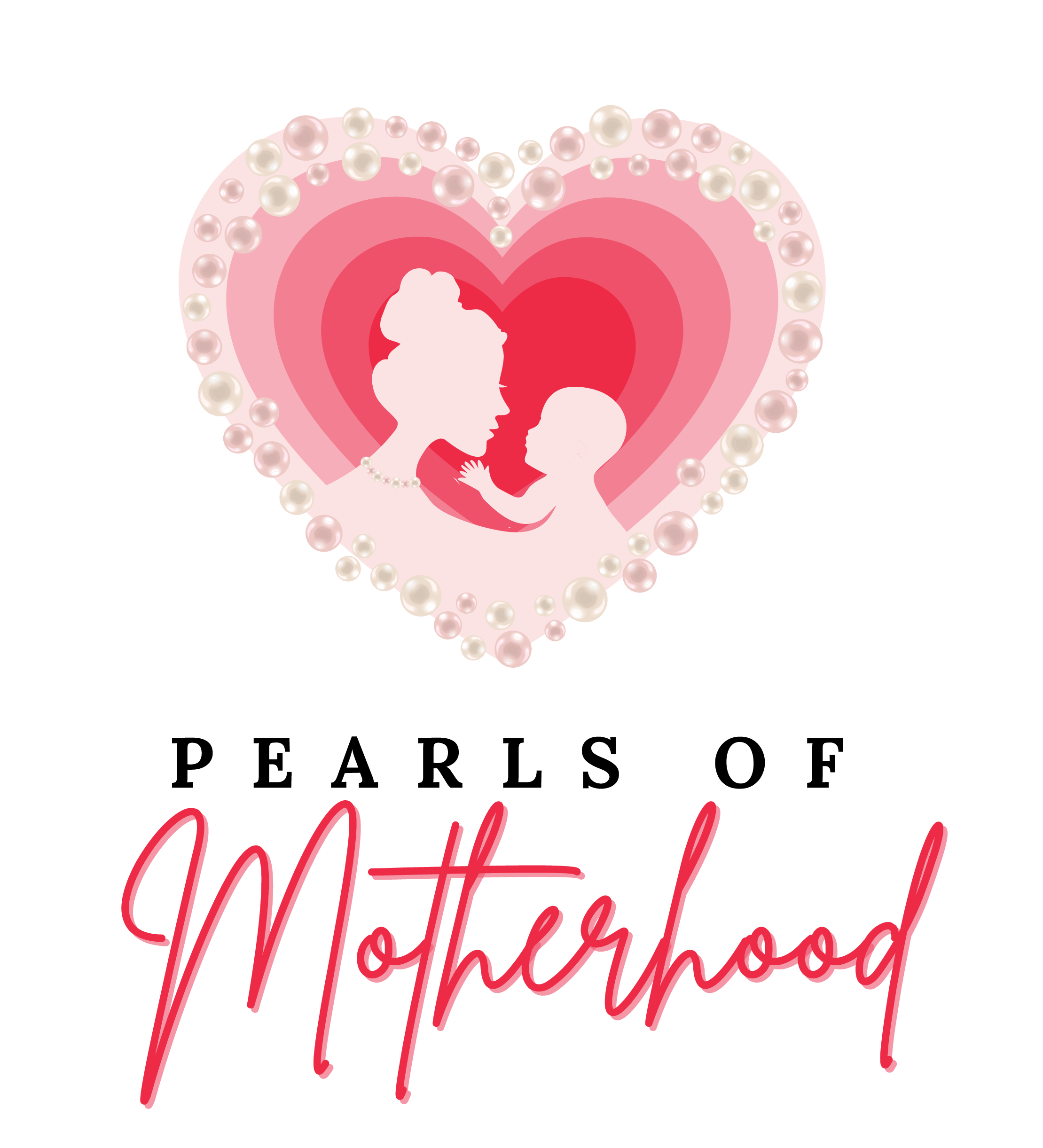
The Pros and Cons of Free-Range Parenting: Finding Balance in Raising Independent Kids
Free-range parenting is a philosophy that emphasizes giving children more freedom and responsibility to foster independence, resilience, and confidence. It contrasts with more hands-on or helicopter-style parenting, advocating for less supervision and more opportunities for kids to explore the world on their own.
While this approach has its benefits, it also raises concerns for some parents. Let’s dive into the pros and cons of free-range parenting to help you decide if it’s right for your family.
Pros of Free-Range Parenting
1. Promotes Independence
Free-range parenting encourages children to solve problems, make decisions, and take responsibility for themselves.
• Why It’s Good: Kids develop a sense of autonomy and learn essential life skills that prepare them for adulthood.
• Example: Allowing a child to walk to school or manage their homework without reminders helps build self-reliance.
2. Builds Resilience
By letting kids navigate challenges and setbacks, free-range parenting helps them develop emotional strength.
• Why It’s Good: Resilient kids are better equipped to handle stress, failure, and change in the future.
• Example: When children are allowed to resolve playground disagreements on their own, they learn conflict resolution skills.
3. Encourages Creativity and Exploration
With fewer structured activities, kids have more time to explore their interests and develop creativity.
• Why It’s Good: Free play and exploration foster critical thinking and imaginative problem-solving.
• Example: A child left to build a fort in the backyard learns to innovate with available materials.
4. Strengthens Decision-Making Skills
Free-range parenting gives kids the opportunity to make choices and experience the consequences.
• Why It’s Good: Children become more confident in their ability to make decisions and understand accountability.
• Example: Allowing a child to pack their own lunch teaches them responsibility and planning.
5. Reduces Parental Stress
Parents who embrace a free-range philosophy often feel less pressure to micromanage every aspect of their child’s life.
• Why It’s Good: This approach can create a more relaxed and trusting family dynamic.
• Example: Parents don’t have to oversee every activity, allowing them more time for self-care or personal goals.
Cons of Free-Range Parenting
1. Safety Concerns
Giving children more freedom can expose them to risks, such as accidents or encounters with strangers.
• Why It’s a Concern: Without proper precautions, kids may face dangerous situations they’re not equipped to handle.
• Example: Allowing a child to walk to the park alone may be unsafe in high-traffic or unfamiliar areas.
2. Varying Maturity Levels
Not all children are ready for the same level of independence at the same age.
• Why It’s a Concern: Some kids may struggle to manage freedom responsibly or safely.
• Example: A child who isn’t ready to cross the street alone may not recognize traffic dangers.
3. Social Judgment and Legal Issues
Free-range parenting can attract criticism from others and, in extreme cases, legal scrutiny.
• Why It’s a Concern: Different communities and cultures have varying expectations for parental supervision.
• Example: A parent allowing their child to play unsupervised in a public space might face judgment or intervention from authorities.
4. Increased Responsibility for the Child
While independence is a goal, too much responsibility too soon can overwhelm some kids.
• Why It’s a Concern: Children may feel stressed or unsupported if they’re not developmentally ready for certain tasks.
• Example: Expecting a young child to navigate public transportation alone may cause unnecessary anxiety.
5. Potential for Miscommunication
Without clear guidance, children might misinterpret their level of freedom.
• Why It’s a Concern: Kids may push boundaries, assuming they can handle situations they’re not prepared for.
• Example: A child allowed to explore the neighborhood might wander farther than agreed upon, leading to worry or confusion.
Finding Balance: Is Free-Range Parenting Right for You?
Free-range parenting isn’t about neglecting supervision—it’s about finding the right level of freedom based on your child’s age, maturity, and environment. Here are some tips for striking a balance:
• Start Small: Gradually increase independence with age-appropriate tasks.
• Set Clear Boundaries: Communicate expectations and establish safety rules.
• Know Your Community: Assess the safety of your neighborhood and resources.
• Provide Support: Be available to guide your child through new experiences if they need help.
• Trust Your Instincts: Every child and family is different. Tailor your approach to fit your unique situation.
Free-range parenting has the potential to raise independent, confident, and resourceful children, but it also requires careful consideration of safety and readiness. By blending freedom with structure, parents can empower their kids to explore the world while ensuring they’re prepared for its challenges.
What’s your take on free-range parenting? Share your experiences or thoughts in the comments below!

